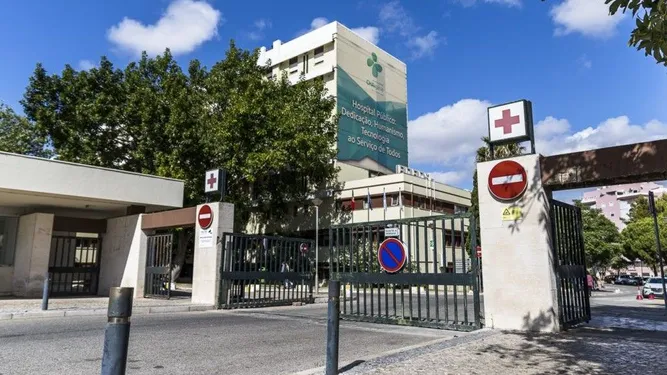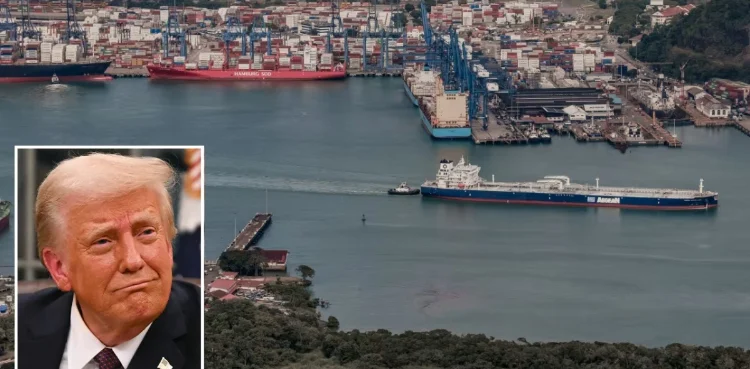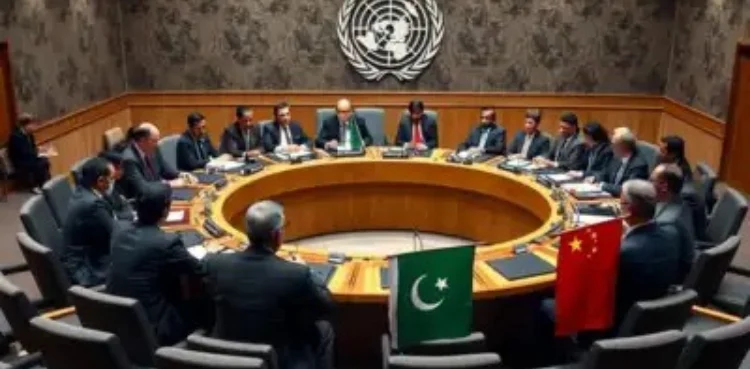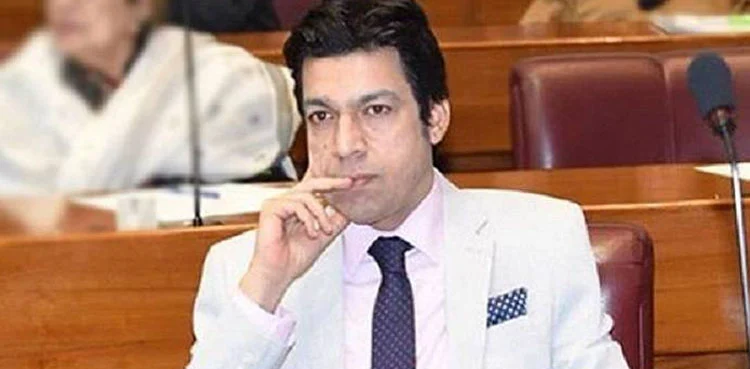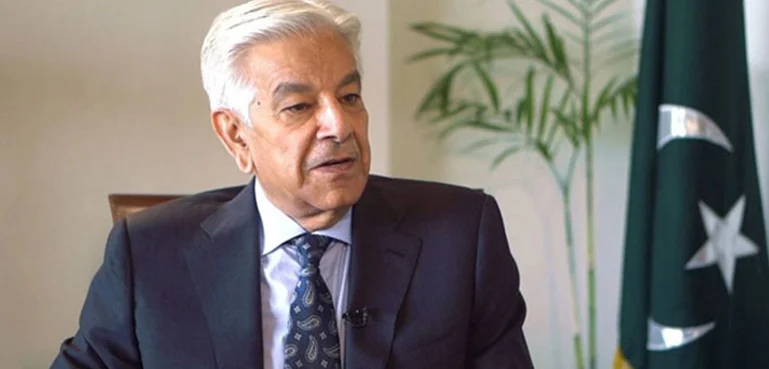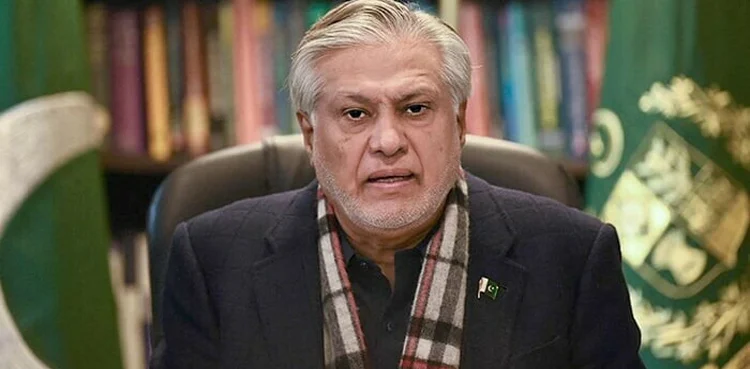
The Deputy Minister for Territorial Cohesion has emphasized that without an increase in immigration, “there will be no conditions” to complete all projects funded by European Union funds on schedule. As a result, the Government is “preparing measures” to facilitate the process.
During a hearing at the Budget, Finance, and Public Administration Committee in the Assembly of the Republic, the Deputy Minister for Territorial Cohesion, Manuel Castro Almeida, stated that the Government is preparing measures to facilitate the entry of immigrants, particularly into the civil construction sector. He emphasized that if companies provide housing and employment guarantees, there should be no barriers to allowing these workers to enter the country.
In the context of discussions about the 2025 State Budget (OE2025), the Minister warned that, with the current resources available in Portugal, it may not be possible to complete all the EU-funded projects on time. He pointed out that the challenge stems from a significant issue related to immigration: “Without an increase in the influx of immigrants, especially in the construction sector, we won’t be able to execute these projects,” Castro Almeida stated. He further urged Parliament to understand the full scope of the situation and its impact on timely project execution.
The difficulties in the construction sector have been compounded by recent changes to immigration laws. Manuel Reis Campos, president of the Portuguese Confederation of Construction and Real Estate (CPCI), highlighted that the end of the exceptional regime allowing foreigners to enter the country and apply for a residence permit after arrival has made it more challenging to hire foreign workers. He explained that these changes have increased the “rigidity and slowness” of the legalization processes, worsening the existing labor shortage in a sector already facing a critical deficit of 80,000 workers.
On June 3, the Government announced the end of the regime that previously allowed foreigners to enter Portugal without pre-arranged employment contracts and apply for residence permits afterward. The new regulations, as part of the Action Plan for Migration, eliminate the “expressions of interest” procedure, which was deemed an open-ended system leading to numerous unresolved cases. As a result, it is now no longer possible for foreigners to regularize their status in Portugal while on a tourist visa, and they must secure an employment contract or other pre-arranged solution through the Portuguese consular network.


